What Three Items Should Not Be Placed in a Compost Pile? Avoid These Common Mistakes!
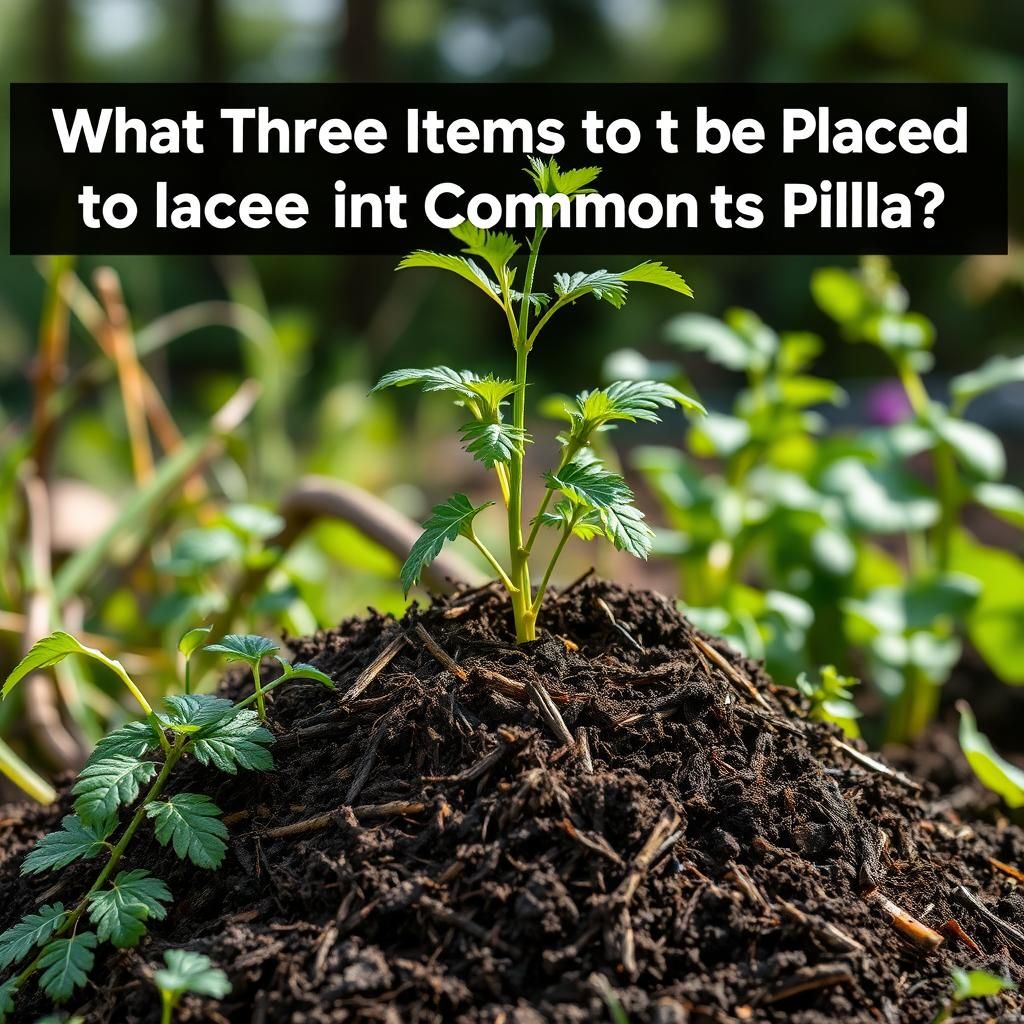
Composting is a fantastic way to reduce waste and create nutrient-rich soil for your garden. However, not all materials are suitable for composting. Many novice composters unknowingly add items that can harm the balance of their pile or even attract pests. In this article, we will highlight three common items that should never be placed in a compost pile. By avoiding these mistakes, you can ensure a healthier composting process, free from unwanted odors and complications. Let's explore what these items are and why they can negatively impact your composting efforts.
What Three Items Should Not Be Placed in a Compost Pile?
When maintaining a healthy compost pile, it is crucial to be mindful of the materials you include. Three items that should not be placed in a compost pile are meat, dairy products, and oils. These items can attract pests such as rodents and insects, and they can also create unpleasant odors as they decompose. The introduction of animal-based products can lead to the growth of harmful bacteria, disrupting the balance of microorganisms essential for effective composting. Therefore, to ensure a successful composting process, it's essential to exclude these items from your compost pile.
Meat Products
Including meat products in your compost pile can be problematic due to their potential to attract unwanted pests like rats and raccoons. As meat decomposes, it releases strong odors that can be unpleasant and disruptive to the surrounding environment. Additionally, the breakdown of meat can encourage the growth of pathogens, making your compost less safe for use in gardens and on plants.
Dairy Products
Dairy products, such as milk, cheese, and yogurt, should also be avoided in a compost pile. Like meat, these items can emit strong smells and draw in pests. When dairy breaks down, it can produce rancid odors, creating an undesirable environment for your compost. Furthermore, the fats and proteins in dairy can inhibit the composting process and negatively affect the microbial balance required for effective decomposition.
Oils and Fats
Adding oils and fats to your compost is not advisable because they do not break down easily and can create a greasy layer that blocks air circulation within the pile. This lack of airflow can lead to anaerobic conditions, which produce odors and slow down the composting process. Additionally, oils can create a barrier that prevents moisture from properly permeating the compost, further hindering decomposition.
Cooked Foods
Including cooked foods in your compost pile is generally not recommended, especially those that contain meat, dairy, and oils. While vegetable scraps and fruit peels are often acceptable, cooked foods can include various ingredients that disrupt the composting balance. Similar to the issues with meat and dairy, cooked foods can attract pests and emit odors that may be off-putting. It is best to stick to raw plant-based scraps for optimal compost health.
Processed Foods
Processed foods, like snacks and packaged items, should be left out of your compost pile as well. These foods often contain preservatives, artificial ingredients, and other compounds that do not break down easily. The presence of these additives can harm the microbial community essential for healthy composting. Furthermore, the high fat and sugar content in many processed foods can attract critters, making your compost pile less productive and more challenging to manage.
| Item | Reason for Exclusion |
|---|---|
| Meat | Attracts pests and produces unpleasant odors |
| Dairy Products | Can lead to rancid smells and disrupt microbial balance |
| Oils and Fats | Inhibits air circulation and slows down decomposition |
| Cooked Foods | May contain ingredients that attract pests and cause odors |
| Processed Foods | Include preservatives and additives that do not decompose |
How do you ruin a compost pile?
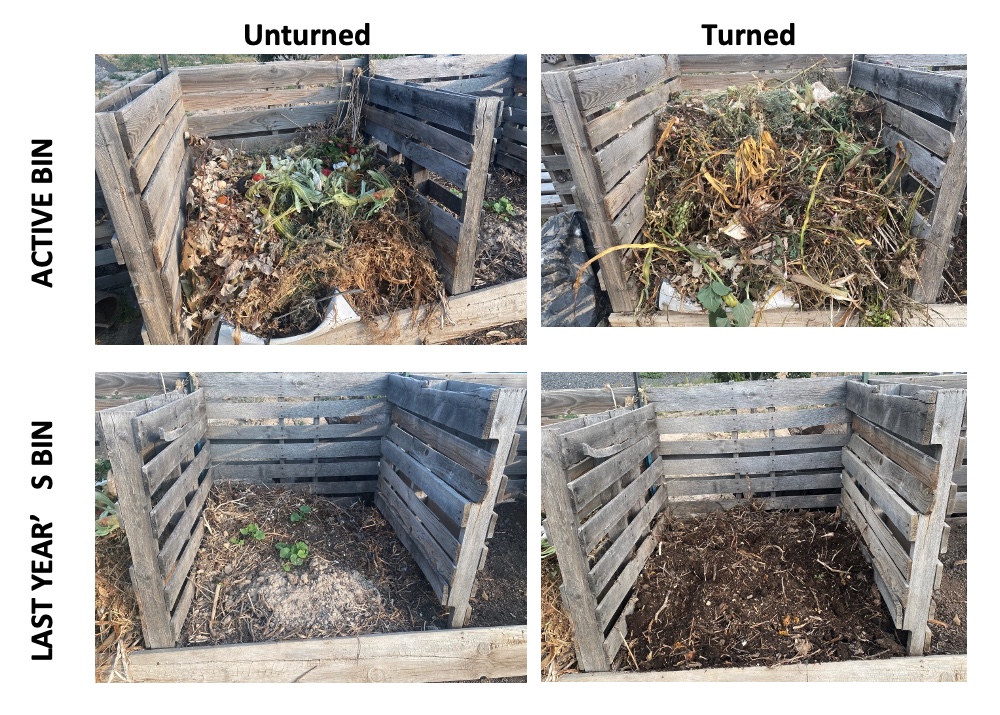
To ruin a compost pile, one can engage in various counterproductive practices that prevent successful decomposition and lead to a failed composting process. Here are several common ways to effectively ruin a compost pile:
Improper Carbon to Nitrogen Ratio
One of the critical factors in composting is achieving the right carbon to nitrogen ratio. If the ratio is disproportionate, the decomposition process can become stalled. An excessively high carbon content, such as from dry leaves and straw, will lead to a slow breakdown, while too much nitrogen, from items like fresh grass clippings, can cause a smelly, anaerobic environment.
See also: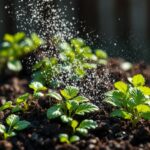
- Use too many dry materials like cardboard and dry leaves.
- Add excessive amounts of wet nitrogen sources like food scraps or manure.
- Fail to balance green and brown materials in the pile.
Over- or Under-Watering
Keeping a compost pile adequately moist is essential for decomposition. However, over-watering can create a waterlogged environment, leading to anaerobic conditions. On the other hand, under-watering can cause the pile to dry out, preventing microbial activity and decomposition.
- Water the compost pile so much that it becomes soggy and smells bad.
- Neglect to check moisture levels, allowing it to dry out completely.
- Fail to mix the pile, which can lead to uneven moisture distribution.
Inadequate Aeration
Oxygen is key to the composting process, as aerobic microorganisms require it to thrive. Without sufficient aeration, the compost pile can become compacted and emit unpleasant odors. This can occur when the pile is too wet or if it is not turned regularly to mix the materials.
- Neglect to turn or aerate the compost pile for long periods.
- Create a pile that is too dense and compacted.
- Seal the pile in a container that lacks any ventilation.
Adding Inappropriate Materials
Certain materials should never be added to a compost pile, as they can introduce pathogens, toxins, or undesirable odors. For example, adding dairy, oils, or meat can lead to pest attraction and an imbalanced ecosystem.
- Include animal products such as meat, bone, or dairy.
- Add oils and fatty foods that attract pests and create odors.
- Incorporate diseased plants that can spread pathogens.
Neglecting Temperature Control
Maintaining the proper temperature is crucial for effective composting. A pile that remains too cold will not reach the necessary heat levels to kill off pathogens and weed seeds, while a pile that becomes too hot can lead to the destruction of beneficial microbes.
- Allow the compost pile to drop below the optimal temperature range.
- Let the pile overheat without introducing new materials.
- Fail to monitor temperature changes through the composting process.
What vegetables should not go in compost?
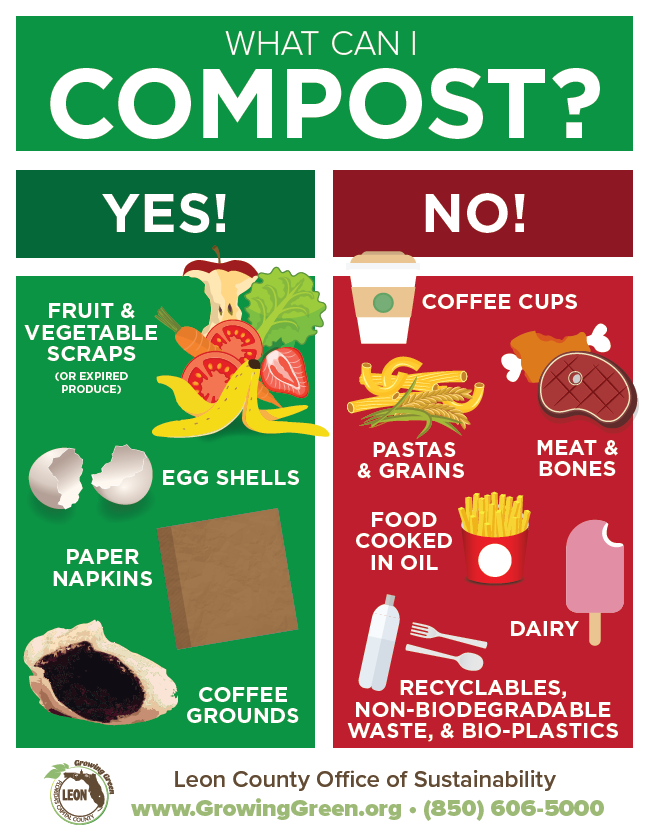
Certain vegetables should be avoided in compost due to their properties or potential issues they can cause in the composting process. Composting is an essential practice for recycling organic waste, but not all vegetable scraps are suitable.
1. Vegetables Treated with Pesticides
Vegetables that have been treated with chemical pesticides can introduce harmful substances into your compost pile. These chemicals may not break down and can contaminate the compost, affecting soil health and plants when used. It's essential to identify and avoid composting these vegetables.
- Bell peppers (if treated)
- Cucumbers (treated with pesticides)
- Leafy greens (like kale or spinach if purchased conventionally)
2. Foods with High Water Content
While you might be tempted to compost vegetables like cucumbers and tomatoes, their high water content can lead to excessive moisture in your compost pile. This can create a soggy environment, contributing to anaerobic conditions and unpleasant odors.
- Tomatoes
- Cucumbers
- Watermelon rinds
3. Starchy Vegetables
Starchy vegetables can be problematic in compost because they decompose slower than other organic materials. They can create an imbalance, leading to a compacted pile that may harbor pests instead of breaking down efficiently.
- Potatoes
- Sweet potatoes
- Corn cobs
4. Vegetables from Sickle Cell Disease Plants
Certain vegetables, especially those from the nightshade family, can attract pests and diseases. Composting vegetables affected by diseases can spread these issues to your garden. Therefore, it's best to discard them instead.
See also: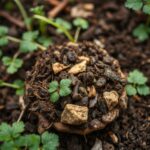
- Eggplants (if affected by diseases)
- Tomatoes (diseased)
- Peppers (if showing signs of disease)
5. Onions and Garlic
Onions and garlic contain compounds that can inhibit the growth of beneficial microbial life essential to composting. Their presence in a compost pile can slow down the decomposition process, making them less desirable compost materials.
- Onions (especially in large quantities)
- Garlic (inhibited growth properties)
- Shallots (also fall under this category)
Can you put raw onions in compost?
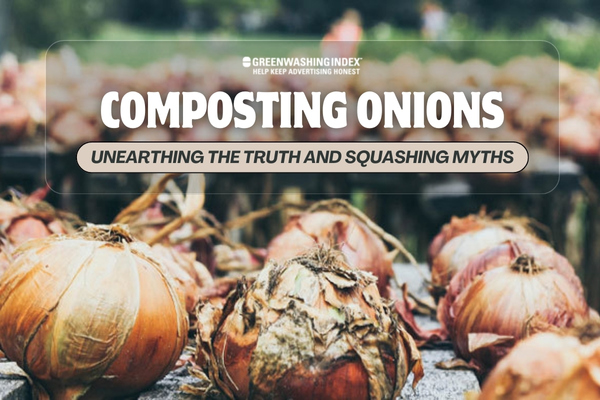
Yes, you can put raw onions in compost, but it is important to consider a few factors. Onions belong to the allium family, which includes garlic, leeks, and shallots. While they are technically compostable, they can attract certain pests and may introduce a stronger odor if not managed properly. Furthermore, the high sulfur content in onions can inhibit the growth of some beneficial bacteria in the compost pile, making it less effective. To successfully compost onions, it's recommended to chop them into smaller pieces to help them decompose faster and to balance their inclusion with other compost materials.
Benefits of Composting Raw Onions
Composting raw onions offers several beneficial aspects for your garden:
- Nutrient Addition: Onions provide essential nutrients such as nitrogen, phosphorus, and potassium which enrich the compost.
- Soil Improvement: Decomposed onions can enhance soil structure and improve moisture retention.
- Organic Matter: They contribute organic matter to the compost, promoting microbial activity necessary for healthy soil.
Challenges of Composting Raw Onions
While there are benefits, there are also challenges associated with composting onions:
- Pest Attraction: Raw onions can attract unwanted pests, such as fruit flies and rodents, if not composted correctly.
- Odor Issues: Decomposing onions can produce strong odors, which may be unpleasant and deter from composting.
- Composting Balance: Onions should be balanced with carbon-rich materials to prevent over-acidification in the compost pile.
How to Compost Raw Onions Effectively
To effectively compost raw onions and minimize potential issues, follow these steps:
- Chop the Onions: Cut onions into smaller pieces to accelerate decomposition and minimize odor.
- Mix with Dry Materials: Combine onions with dry, brown materials such as leaves or straw to maintain balance.
- Monitor Compost Conditions: Keep the compost pile aerated and maintain adequate moisture levels for effective breakdown.
Alternatives to Composting Raw Onions
If you're hesitant to compost raw onions, consider these alternatives:
- Kitchen Scrap Recycling: Use onions in a separate kitchen compost bin designed to handle food scraps.
- Worm Bins: Add onions to a worm bin, where they can be broken down by worms with less risk of odors.
- Municipal Composting Services: Check if local services accept raw onions in green waste collection.
Signs That Composting Onions is Successful
To determine the success of composting onions, observe these signs:
- Heat Generation: A healthy compost pile will generate heat as microorganisms break down materials, including onions.
- Reduced Volume: The size of the compost pile should noticeably decrease over time as materials decompose.
- Earthy Smell: A successful compost should emit a pleasant, earthy smell rather than a strong onion odor.
Questions from Our Readers
What items should be avoided in a compost pile?
It is important to avoid certain items in a compost pile to maintain its health and effectiveness. Meat, dairy, and oils should not be included as they can attract pests and create unpleasant odors during decomposition.
Why is meat not suitable for composting?
Meat can attract pests, such as rodents and flies, which can disrupt the composting process. Additionally, it may produce harmful bacteria, compromising the sanitation of the compost.
See also: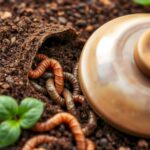
Can I compost dairy products?
No, dairy products like milk, cheese, and yogurt should be kept out of the compost pile because they can also attract unwanted animals and contribute to a bad smell as they break down.
What about oils in compost?
Oils should be avoided in composting since they can create a barrier that prevents oxygen from reaching the other organic materials. This can lead to a slower decomposition process and undesirable conditions in the compost pile.
https://youtube.com/watch?v=U98x8zQK9AQ
If you want to read more articles like What Three Items Should Not Be Placed in a Compost Pile? Avoid These Common Mistakes!, we recommend you check out our Compost category.
Leave a Reply
Related Articles